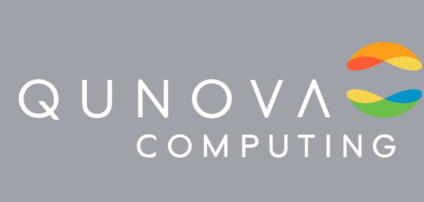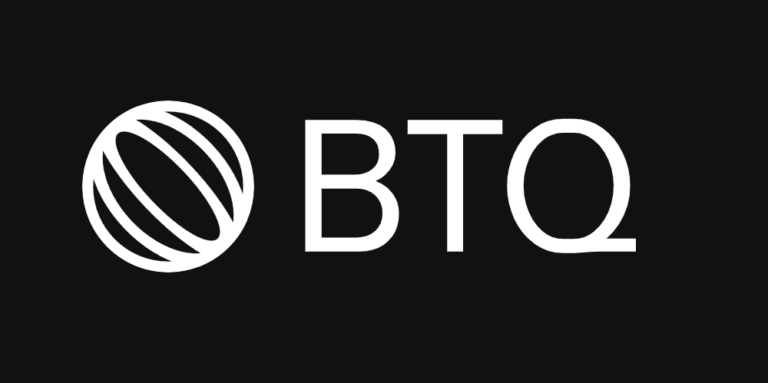
Qunova’s HiVQE Algorithm Achieves Chemical Accuracy on NISQ Systems
Qunova Computing’s HiVQE algorithm achieved chemical accuracy across multiple quantum systems, marking significant progress in quantum chemistry. Tested on IQM, IBM, and AQT processors, the solution demonstrated hardware-agnostic performance. With fewer qubits required, Qunova’s algorithm offers a practical path toward quantum advantage in chemical computations.






